Free Course: Alignment Staying on Course Free Course: Alignment From our 16 Elements series, and a part of the Act Pillar, Alignment …
SETH WESCOTT - GOLD MEDALIST, HONORARY LIFE ENGINEER
articles
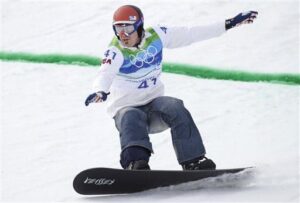
Yesterday was an amazing day watching 33-year-old Seth Wescott win the gold medal in the snowboard cross event at the 2010 Olympics in Vancouver.
He’s a true example of life engineering, for while he was the defending gold medalist, having won gold medal in the event in the last Olympics (the first Olympics to hold the snowboard cross event), a victory here was anything but certain.
Just six weeks ago, Seth Wescott couldn’t even walk. In December, he’d jammed his femur into his pelvis in a crash on the slopes that left him in immense pain.
He said he “had never had that kind of pain in my pelvis before, and it was hard to know exactly what was wrong with me… All of January, and the tour through Europe was pretty depressing for me. Just a lot of pain.”
But in spite of all the pain, he kept his mind focused on his objective, one of the primary principles in life engineering (here), maintained his hope, and worked furiously to come back.
Due to his performance in the qualifying event, his victory was further complicated by his low seeding, causing him to be starting out of the worst possible gate.
“I knew I would be fighting from the bad gate,” he said. “I was in fourth. Nate went down, I reeled in Tony, drove him inside. Mike braked, and I went in,” said Wescott.
Through most of the course, Seth was in last place—biding his time, pressing forward, and looking for his opportunity. He was separated by a gap that would have caused most to accept defeat.
“That kind of gap, most people—well, really, nobody overcomes that,” said America’s snowboard coach, Peter Foley.
Tell that to Seth Wescott, for that’s just what he did. In an unbelievable recovery, showing unspeakable determination to achieve his goal and win the gold, he made his move at just the right moment. He took Canada’s Mike Robertson, then in the lead, totally off-guard. From then on, he just held on tight.
At the end of the run, the exuberant Wescott was seen waving a large American flag—a flag his father had given him after his last Olympic medal four years ago in Turin. It was a flag presented to his late grandfather years ago by the U.S. military for his service. Wescott, envisioning his success in spite of all the odds, had given it to his PR person who would be waiting at the finish line, just so that he could have it there when he won.
“That was part of the motivation to get to this moment,” Wescott said. “I brought it so if I got to this moment, I’d have it here.”
Amazing.
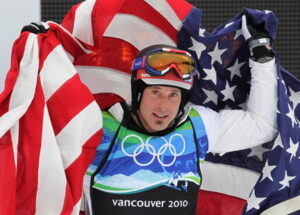
Lessons I take away from watching Seth Wescott win the Gold Medal in snowboard cross at the 2010 Vancouver Olympics?
- No matter how circumstances change, or what obstacles come in your way, you stay focused on your objective. Focus on your goal.
- Keep-a-goin (poem). Don’t wallow in self-pity or make excuses. He overcame an injury only six weeks before the Olympics, had the worst possible starting gate, was in last place for the whole first third of the race with a gap nearly impossible to overcome, but he just kept going.
- Be confident. Even in spite of his knowledge of the odds, he came prepared to win. He was in the mindset to win. He even had his flag waiting for him at the bottom for when he did.
- No excuses. At any point along his journey to the gold medal, he had plenty of reason to give up, and solid, acceptable excuses to do so. But excuses don’t create winners.
It seems to me that Seth’s vision of himself was larger than his view of the obstacles that he faced. He knew he could do it. When some new barrier came up, it didn’t change his fundamental view of himself—a gold medalist, a champion—all it did was alter the landscape a little.
The same is true of all champions, all who overcome great odds or who achieve greatness. It’s because they know, at a very fundamental level, that they can do it.
Thanks, Seth, for your inspiration.
-Rusty
Seth’s athlete profile: My USSA
Article describing his gold medal-winning run: Missoulian
Seth on Wikipedia: http://en.wikipedia.org/wiki/Seth_Wescott
Other inspiring Olympic stories:
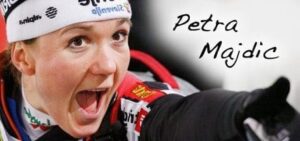

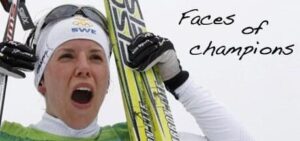
Share this
with someone who might need it
keep reading
The turkey effect How to learn who you are and live your best life raising turkeys People often wonder “who am I?”; …
HOT HANDS HOW identity POWERS PEAK PERSONAL PERFORMANCE HOT HANDS There’s a well-known phenomenon in sports called “Hot Hands.” It’s the idea …
Know Thyself The Key to Unlocking Your Full Potential Know thyself Nestled deeply on the slopes of Mount Parnassus in Greece is …
Employee satisfaction is closely tied to performance. When satisfaction levels rise, productivity, customer service, and profits tend to rise too. Employee turnover slows down and it becomes easier to recruit new talent. See how your team, leadership, and shareholders can benefit from a company culture that emphasizes employee satisfaction.
If you want your customers to be happy, you need to think about employee satisfaction. When employees like their workplaces, they are more effective at their jobs and provide better customer service. Learn more about the link between the employee and customer experience and how to measure employee satisfaction.

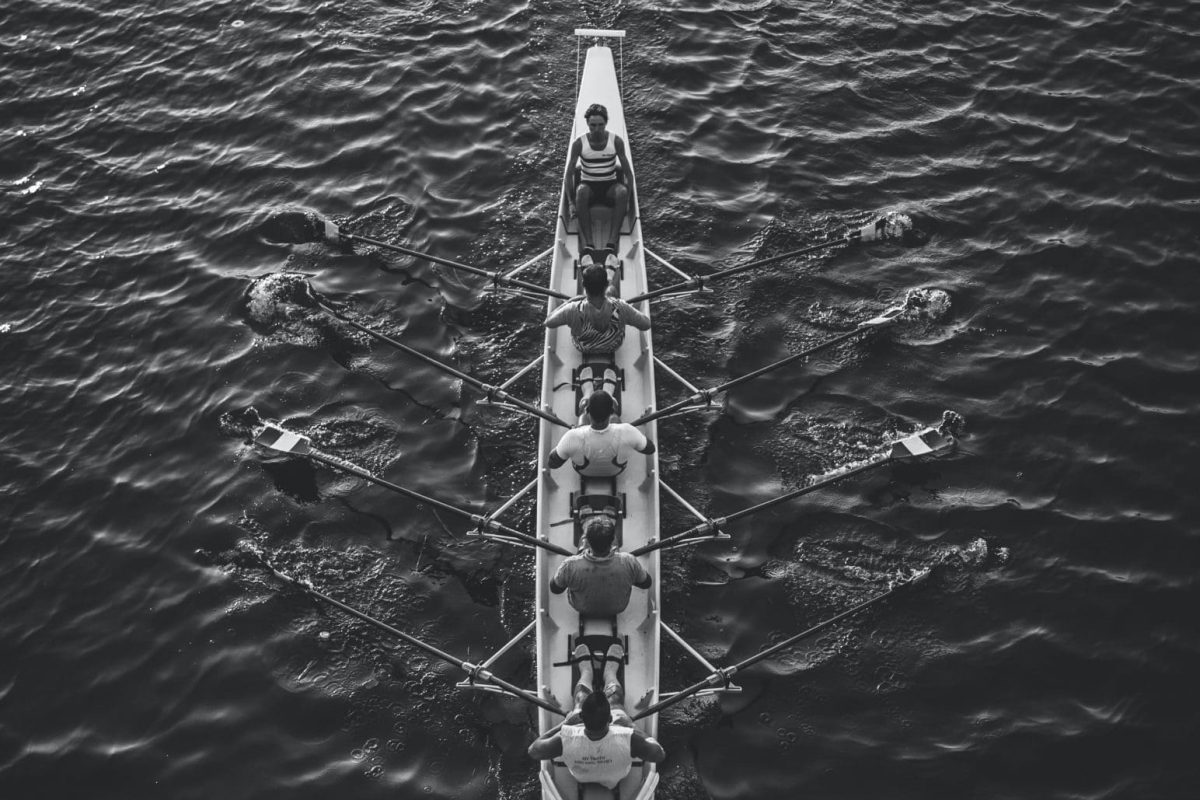





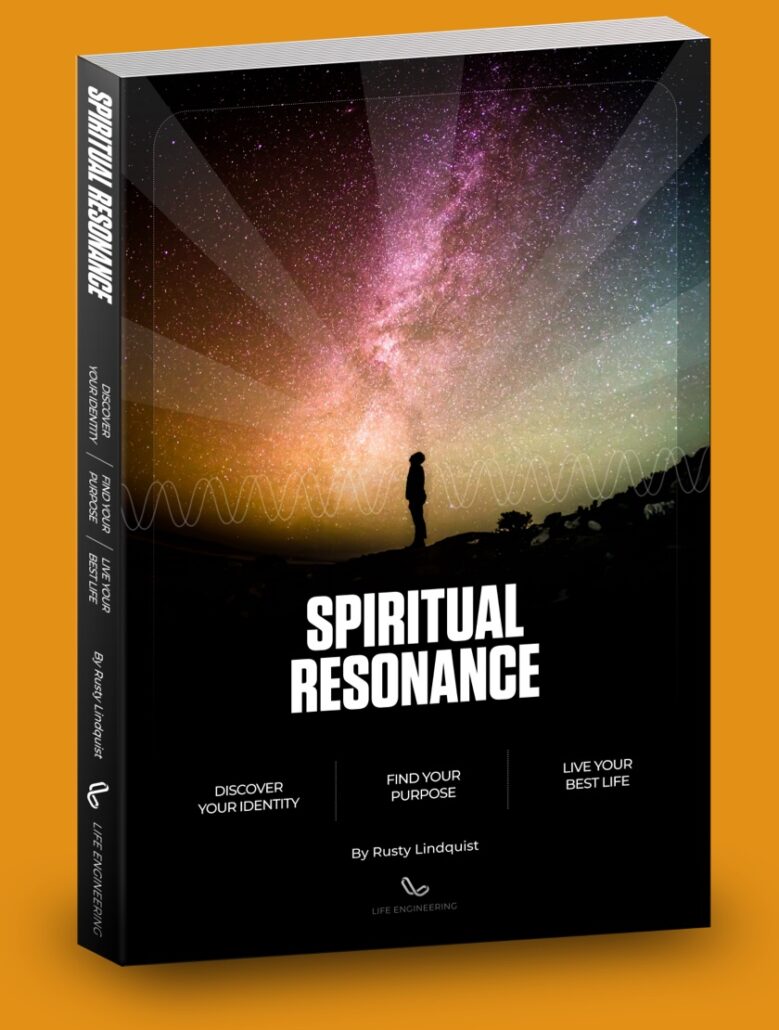
Responses